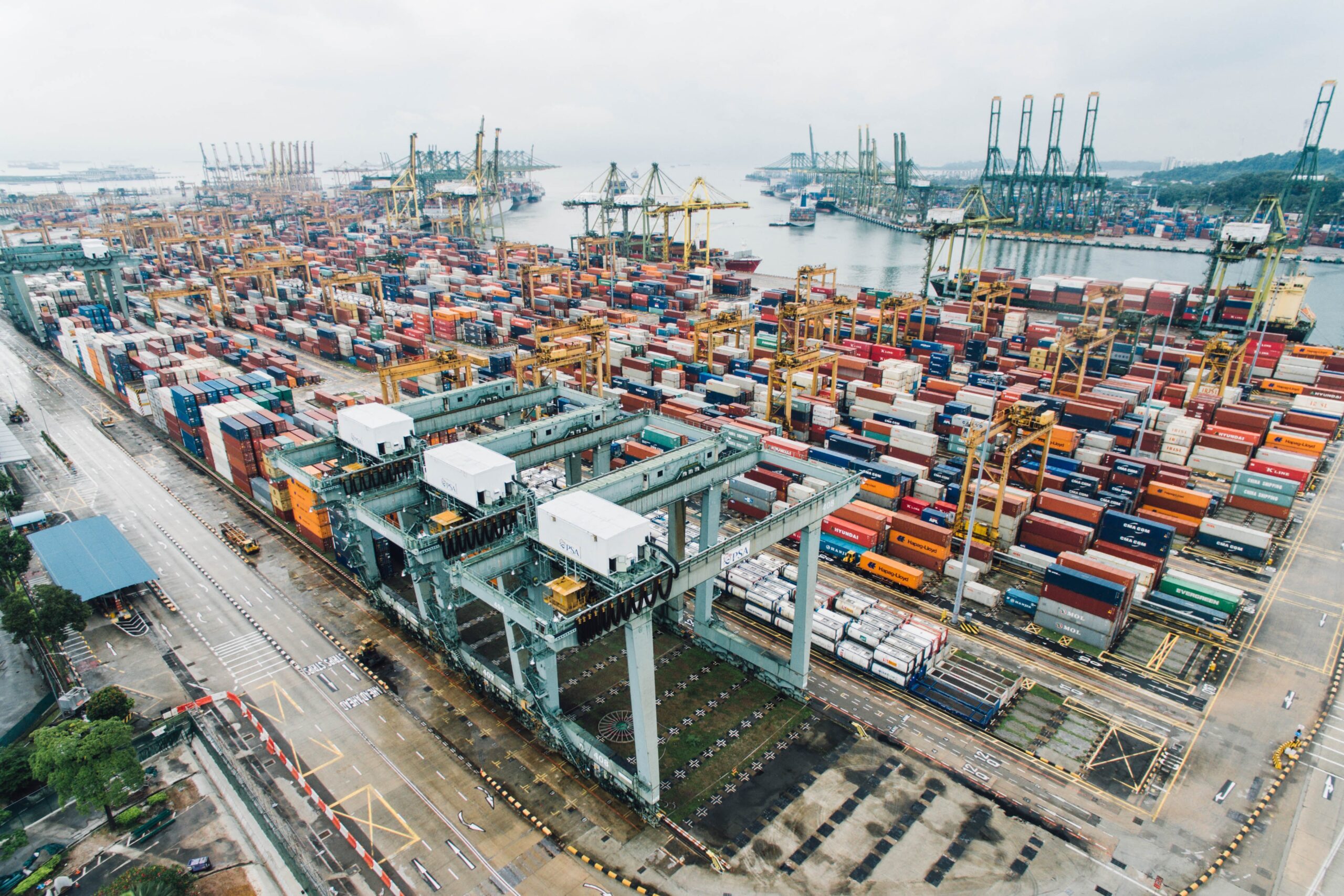We provide APHIS Waste packaging, transportation, and disposal services! APHIS stands for the Animal and Plant Health Inspection Service, which is run by the USDA. The goal of APHIS is to protect American animals, plants, and the agricultural industry.
Call or request a quote today to find out how we can help you with your APHIS Regulated Garbage needs.
What is aphis Waste?
Regulated Garbage, also known as APHIS Regulated Garbage, Foreign Garbage, International Waste, or APHIS Waste, refers to waste materials that require special handling in the United States to prevent the spread of pests and diseases. This category includes waste from fruits, vegetables, meats, and other plant or animal materials (including poultry) that have been aboard or removed from a means of conveyance that has traveled outside the United States in the past two years or has visited Hawaii or a U.S. territory or possession in the past year.
The handling and management of Regulated Garbage are overseen by Plant Protection and Quarantine, Quarantine Policy, Analysis and Support (QPAS). QPAS establishes Compliance Agreements with approved facilities and handlers to ensure proper handling and disposal of Regulated Garbage. QPAS works in collaboration with U.S. Customs and Border Protection (CBP) officials and other Plant Protection and Quarantine (PPQ) personnel to address Regulated Garbage at U.S. ports of entry and other locations.

For detailed information on Regulated Garbage, including a list of forms and contact information, you can visit the APHIS Regulated Garbage webpage. This resource provides comprehensive information to help stakeholders understand the regulations and requirements associated with handling and disposing of Regulated Garbage in the United States.

HOW IS APHIS waste properly MANAGED AND TRACKED
Generators of APHIS Waste have a legal obligation to maintain a compliance agreement with the United States Department of Agriculture (USDA) to ensure the proper management of this highly regulated waste stream.
A compliance agreement is a detailed document that outlines the specific procedures for managing the waste from the point of generation to its final treatment. It includes strict time limitations for the delivery and processing of the waste. Previously, the requirement was to process the waste within 72 hours of its arrival, but effective January 3, 2022, this timeframe was extended to 120 hours.
The compliance agreement is issued by either U.S. Customs and Border Protection (CBP) or the Animal and Plant Health Inspection Service (APHIS) Plant Protection and Quarantine (PPQ) personnel to approved facilities authorized to handle regulated garbage.
Within the compliance agreement, there are specifications regarding the packaging, transportation, and disposal of the waste. Typically, regulated garbage is processed using either autoclave or incineration methods, ensuring effective treatment.
In the event that a generator is unable to meet the requirements within the designated timeline, it is mandatory to contact Customs and Border Protection (CBP) for further guidance.
Record keeping is a critical aspect of managing this highly regulated waste stream. Generators, transporters, and treatment facilities are all required to maintain meticulous records in accordance with their specific compliance agreements. To ensure compliance, Customs and Border Protection (CBP) conducts quarterly reviews to verify that all conditions outlined in the compliance agreement are being adhered to at all times.
who generates aphis waste
APHIS waste is generated by various industries, and the specific activities they engage in determine who the generators are. Any vessel involved in international travel to the United States that carries potential APHIS waste would be considered a generator. This waste category includes fruits, vegetables, meats, and other plant or animal materials (including poultry) that are brought into the country, as well as food scraps from uneaten meals, packaging materials, and other waste that has come into contact with food, including rejected cargo.
Generators of APHIS waste can come from a range of sectors, including the private sector, aviation, marine, military, and more. Any organization involved in activities that generate this waste stream is subject to the specific requirements and regulations governing its proper management and disposal.

Trust ASMAI for all your APHIS Waste disposal needs!
